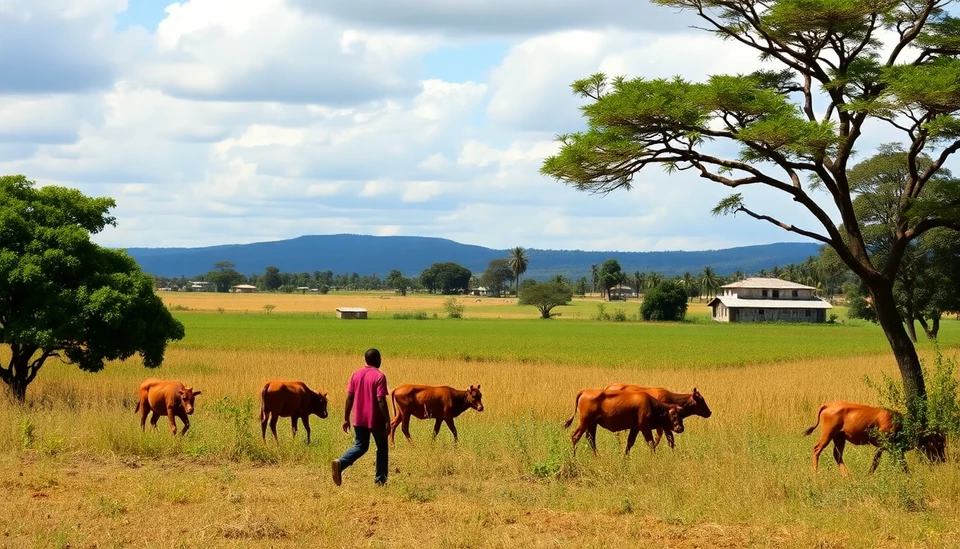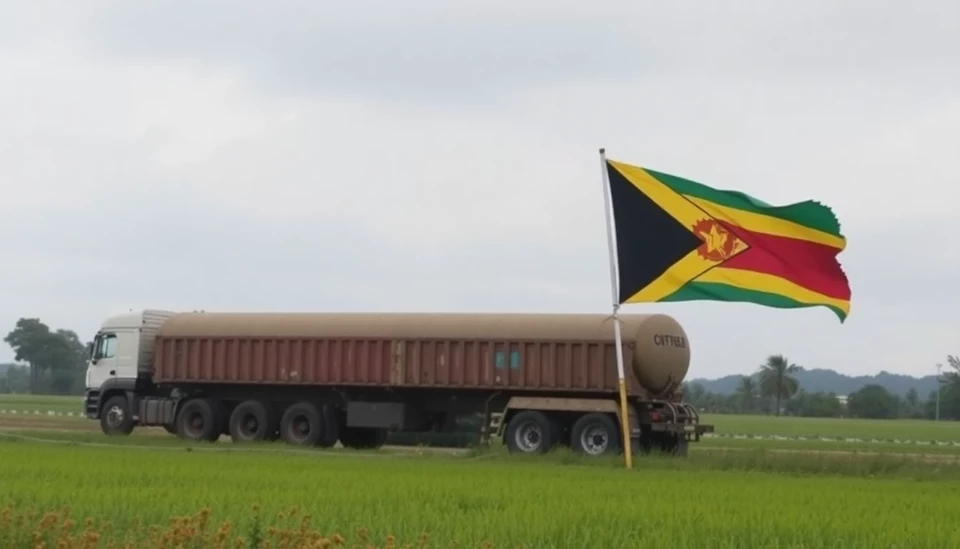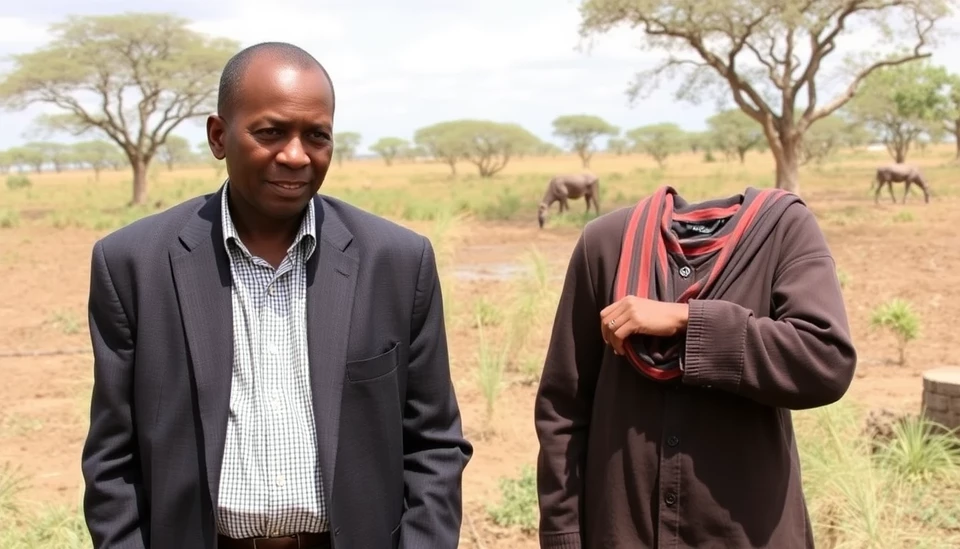
In a landmark decision aimed at reshaping its financial responsibilities, the Zimbabwean government has announced that it will compensate former white farmers to the tune of $331 million. This significant move comes as part of an effort to address ongoing disputes over land reform that have caused economic turmoil in the nation for more than two decades.
The payments are set to be a crucial part of Zimbabwe’s broader strategy to improve relations with international financial institutions and to revive a stagnant economy plagued by hyperinflation and a history of contentious land reform policies. Following a period of negotiation and international pressure, this payout marks a pivotal shift in the government's approach to the compensation issue, which has remained unresolved since the controversial land seizures of the early 2000s.
The exposure of this new compensation framework was revealed through a government gazette, outlining how former farmers could expect to receive payments for their confiscated properties. The compensation will come as part of a larger reworking of the country’s debts and is expected to play a role in stabilizing Zimbabwe's economic landscape as the government seeks to reintegrate into the global economy.
This recent development has sparked varied reactions within the country and beyond. Supporters view this measure as a necessary step towards reconciliation and financial stability, believing that recognizing the rights of former farmers could help mend rifts from the past. Conversely, some critics have raised concerns that this payout may place additional strain on a beleaguered economy, which has struggled with high unemployment rates and rampant inflation.
Zimbabwe's history with land reform has been deeply contentious. Starting in the late 1990s and especially in the early 2000s, the government led by then-President Robert Mugabe initiated a program to redistribute land from white farmers to black Zimbabweans. This led to widespread violence, a collapse in agricultural productivity, and a financial crisis that left the country in dire straits. The ongoing fallout from this policy has resulted in significant pushback from the international community, which has, until now, urged for compensation as part of broader reforms.
As Zimbabwe prepares to execute these payments, economic analysts are warning that while this compensation could serve as a stepping stone to future foreign investment, the nation must also address key economic reforms. Experts suggest that for this initiative to bear fruit, the government will need to ensure transparency and efficiency in its execution while also creating an enabling environment for agriculture and business to thrive once again.
In the international arena, the move could potentially open doors for Zimbabwe to renegotiate its relationships with key donor countries and institutions, including the International Monetary Fund (IMF) and the World Bank. By honoring and compensating the ex-farmers, Zimbabwe may regain credibility and demonstrate to the world that it is committed to healing economic and social wounds from its past.
As Zimbabwe navigates this critical juncture, attentions remain fixed on how these compensations will materialize and what further policies will emerge from the government to ensure a sustainable and rebuilt economy. The nation stands at a crossroads, with the eyes of the world watching its next steps toward recovery and reform.
#Zimbabwe #FarmersCompensation #LandReform #EconomicStability #DebtRework #InternationalRelations #Mugabe #Agriculture #EconomicRecovery #FinanceReform
Author: Laura Mitchell




